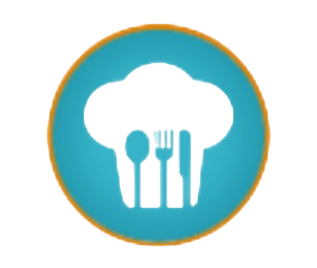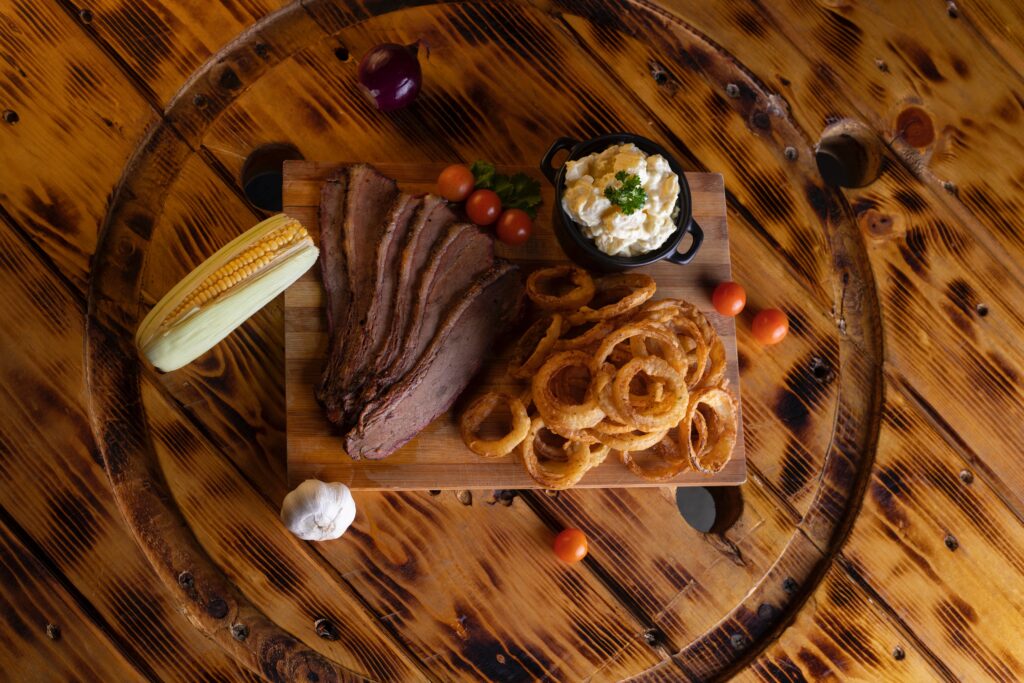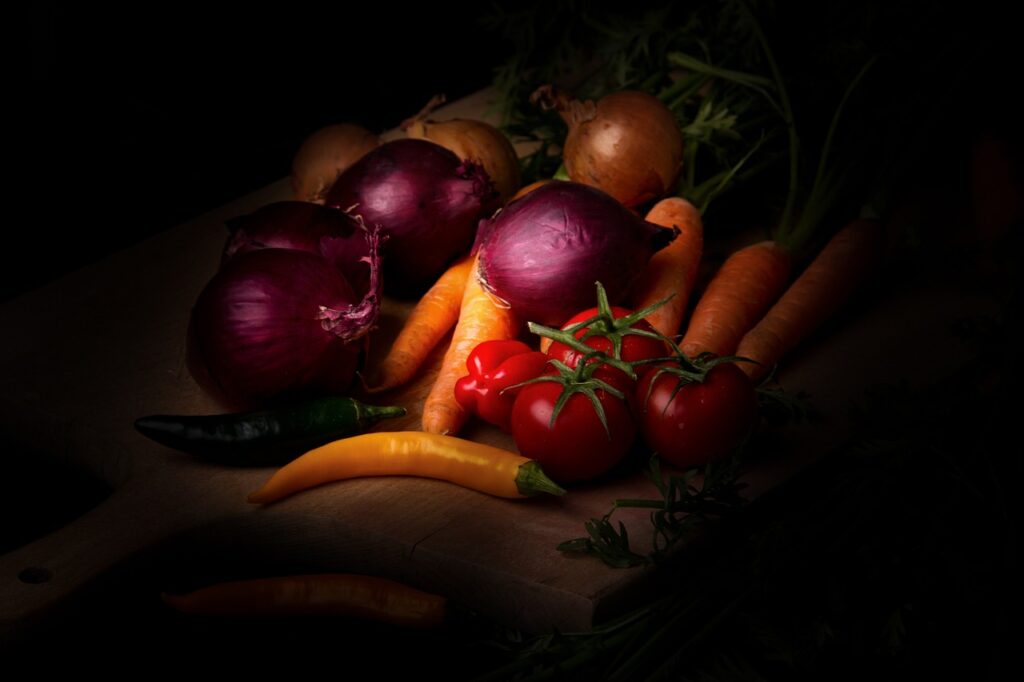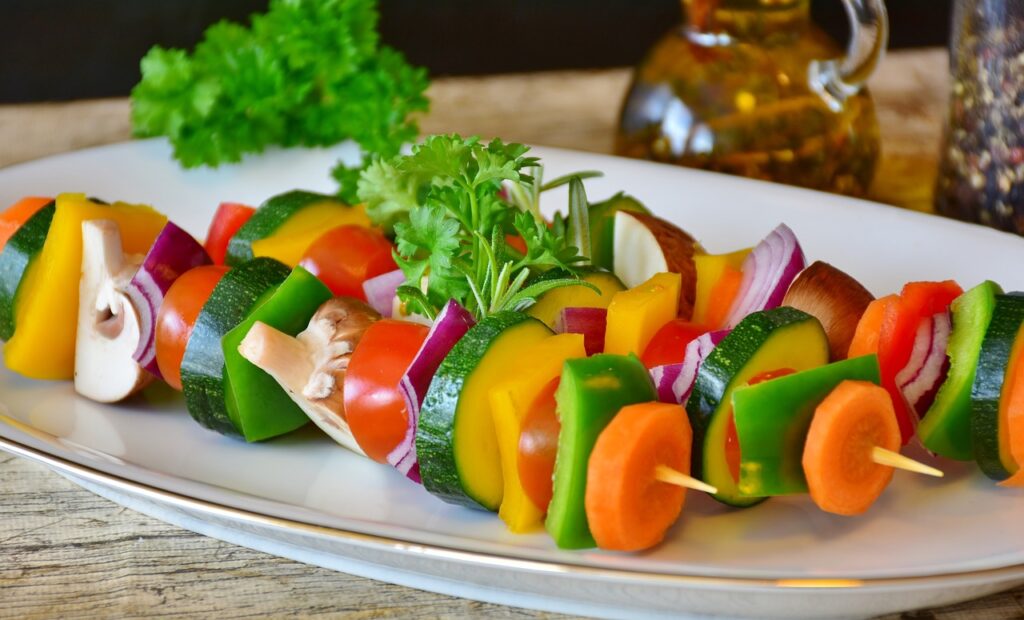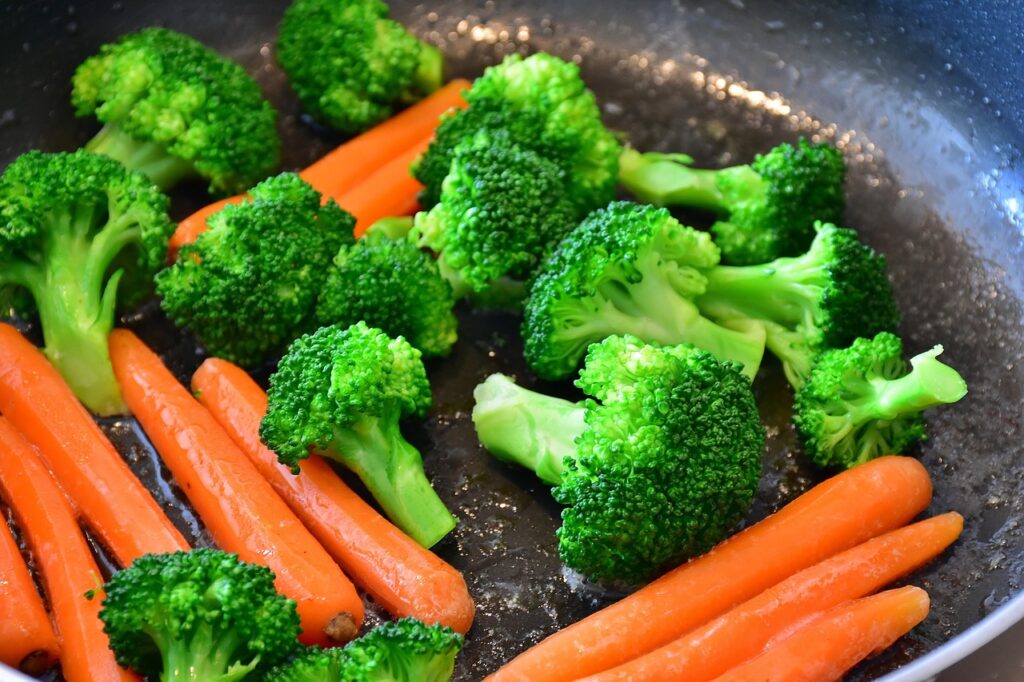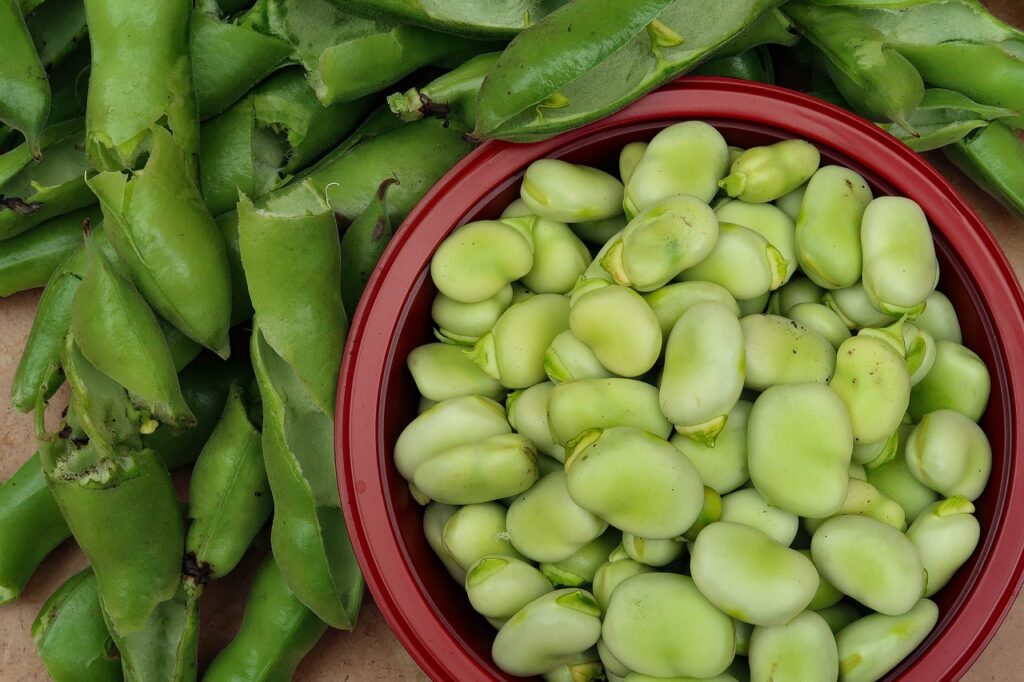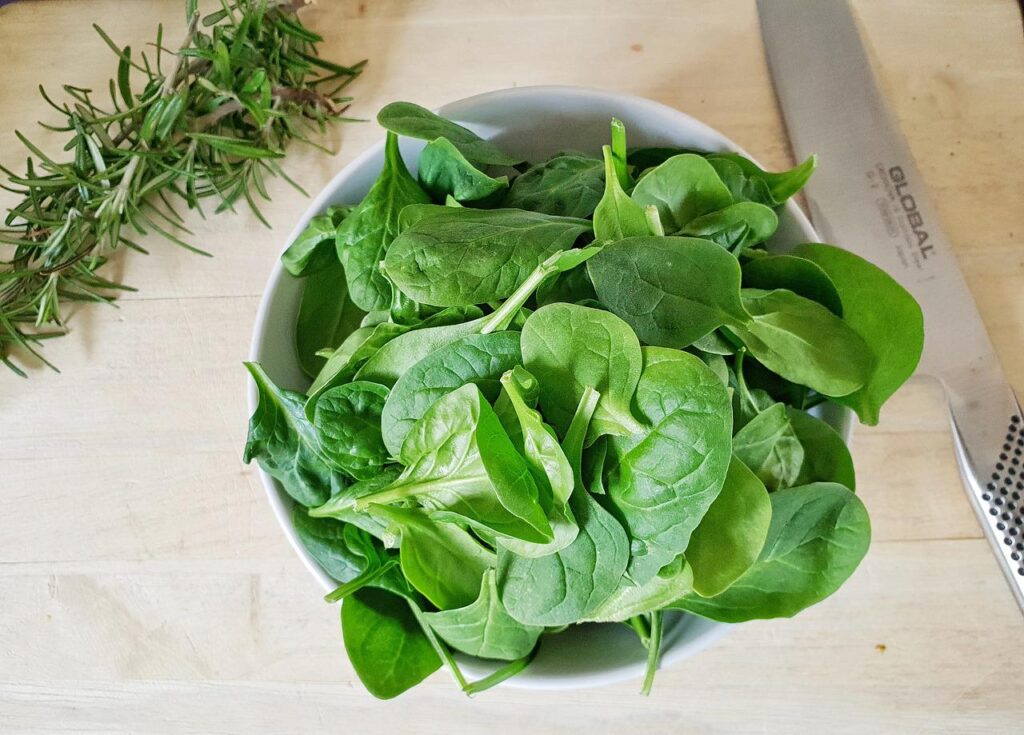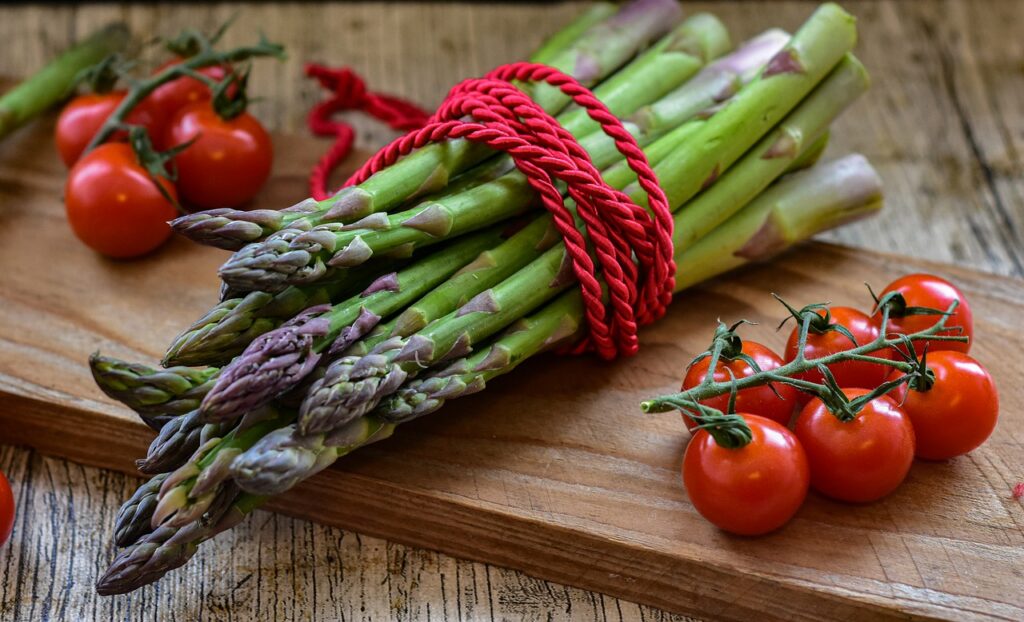Unlock the Benefits of Protein! The Best High-Protein Foods.
Protein is one of the essential nutrients that the body needs to function properly.
It is important for building and repairing muscles, tissues, and cells. It also aids in the production of hormones and enzymes, the transport of nutrients, and the maintenance of a healthy immune system.
For those looking to build muscle, lose weight, or eat a balanced diet, incorporating high-protein foods into their daily meals is crucial.
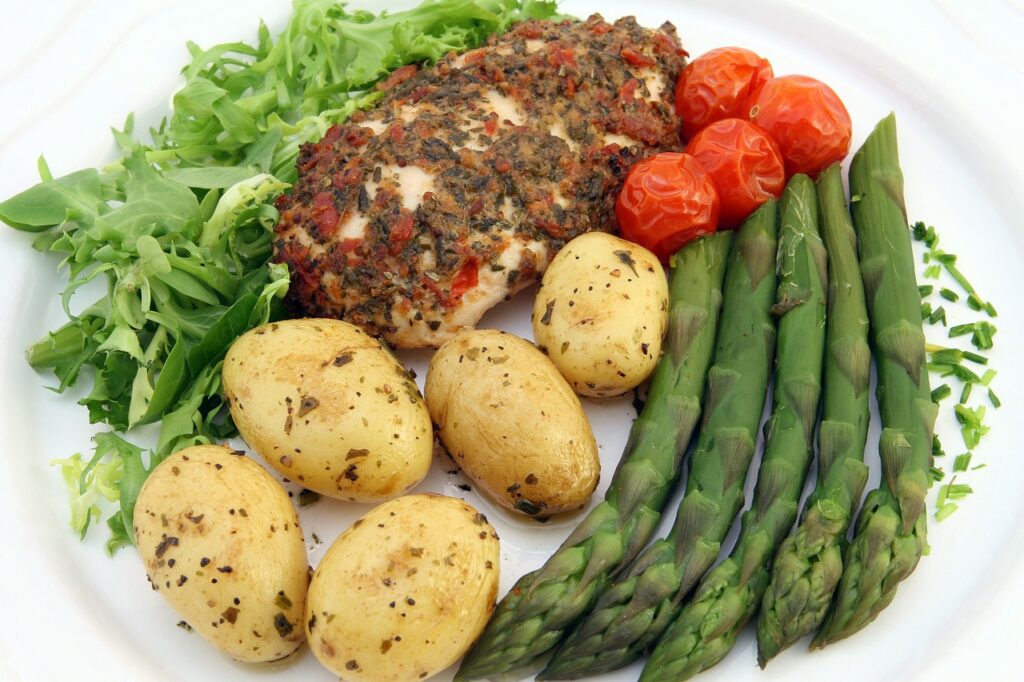
What foods are high in protein?
Protein is an essential macronutrient that helps build and repair tissues, maintain strong muscles, and produce hormones and enzymes. Eating enough protein is important for good health, and there are a variety of foods that are high in protein.
Animal protein sources are considered complete protein sources because they contain all of the essential amino acids that the body needs. Examples of these foods are meat, poultry, fish, eggs, and dairy products.
Some of the highest-protein animal foods are:
Beef: A 3-ounce serving of lean beef contains about 26 grams of protein.
Chicken Breast: A 3-ounce serving of chicken breast contains approximately 26 grams of protein.
Salmon: A 3-ounce serving of salmon contains approximately 22 grams of protein.
Eggs: A large egg contains about 6 grams of protein.
Greek Yogurt: A cup of Greek yogurt contains about 17 to 20 grams of protein.
In addition to animal foods, many vegetable protein sources are rich in protein.
Some of the highest-protein plant foods are:
Lentils: A cup of cooked lentils contains about 18 grams of protein.
Chickpeas: One cup of cooked chickpeas contains about 15 grams of protein.
Quinoa: A cup of cooked quinoa contains about 8 grams of protein.
Almonds: An ounce of almonds contains approximately 6 grams of protein.
Chia Seeds: One ounce of chia seeds contains approximately 4 grams of protein.
It’s important to note that when combining plant-based proteins, you need to eat a variety of foods to ensure you’re getting all of the essential amino acids your body needs.
*43 high-protein foods for weight loss
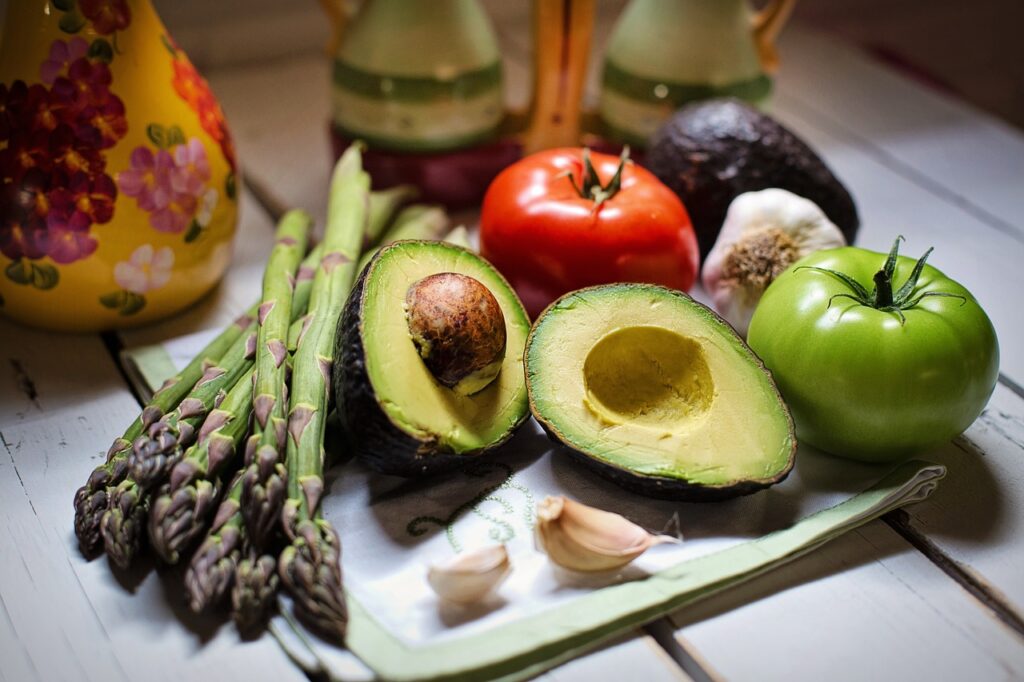
Which vegetables are high in protein?
While most vegetables are lower in protein compared to animal foods, there are still some vegetables that are considered high in protein.
Here are some high-protein vegetables:
Spinach
Spinach is a high-protein, leafy green vegetable, with one cup of cooked spinach containing about 5 grams of protein. This vegetable is also a good source of fiber, iron, and a variety of essential vitamins and minerals, making it a nutritious addition to any diet.
Broccoli
A cup of cooked broccoli contains about 5 grams of protein, making it a good source of protein for those on a plant-based diet. Broccoli is also a good source of fiber, vitamin C, and a variety of essential nutrients, and minerals, including calcium and potassium.
Brussels sprouts
One cup of cooked Brussels sprouts contains about 4 grams of protein, making it a good source of protein for those on a plant-based diet. Brussels sprouts are also a good source of fiber, vitamin C, and a variety of essential vitamins and minerals.
Asparagus
A cup of cooked asparagus contains about 4 grams of protein, making it a good source of protein for those on a plant-based diet. Asparagus is also a good source of fiber, vitamin C and a variety of other important vitamins and minerals.
Artichokes
A medium-sized artichoke contains around 4 grams of protein, making it a good source of protein for those on a plant-based diet. Artichokes are also a good source of fiber, vitamin C, and a variety of essential vitamins and minerals.
Peas
A cup of cooked peas contains about 9 grams of protein, making them one of the richest vegetables, a good source of fiber, vitamin C, and a variety of essential vitamins and minerals.
Sweet Potatoes
A medium-sized sweet potato contains about 2 grams of protein, making it a good source of protein for those on a plant-based diet. Sweet potatoes are also a good source of fiber, vitamin A, and a variety of essential vitamins and minerals.
Vegetables are lower in protein than animal foods, but some types of vegetables are considered high in protein. the essential amino acids your body needs for good health.
*Protein for Vegetarians: Plant-Based Protein Sources for Vegans
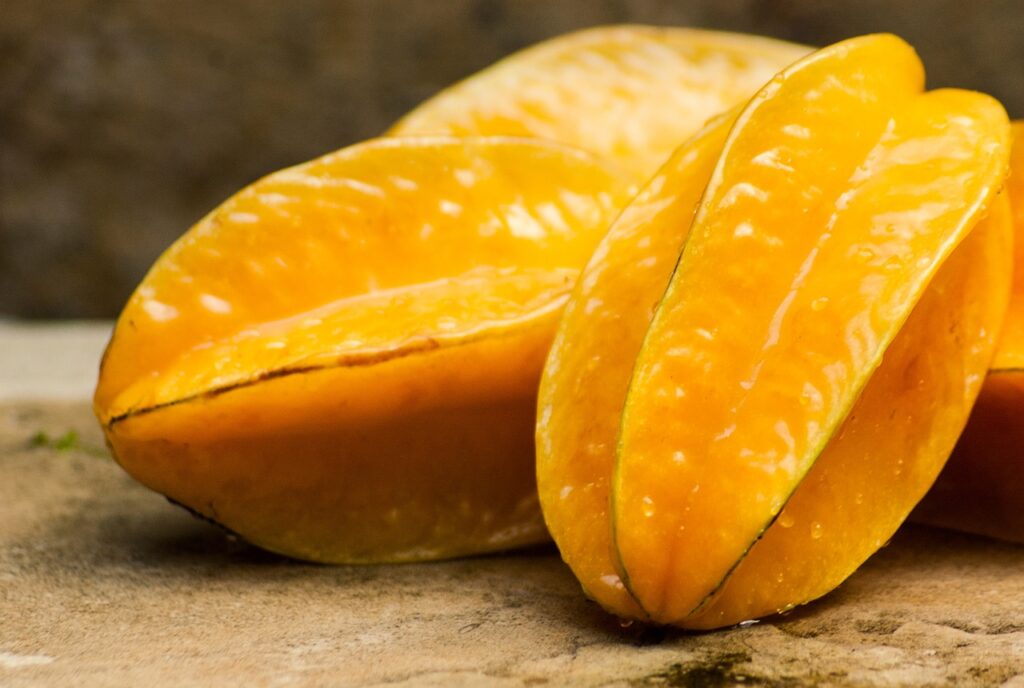
Which fruits are high in protein?
Fruits generally contain less protein than animal foods and vegetables, but there are still some fruits that are considered high in protein.
Here are some of the high-protein fruits:
Guava
A cup of guava contains about 4 grams of protein, making it one of the highest-protein fruits. Guava is also a good source of fiber, vitamin C, and a variety of essential vitamins and minerals.
Jackfruit
A cup of jackfruit contains about 2 grams of protein making it a good source of protein for those on a plant-based diet, also a good source of fiber, vitamin C, and a variety of other important vitamins and minerals.
Avocado
A medium-sized avocado contains about 2 grams of protein, making it a good source of protein for those on a plant-based diet. Avocado is also a good source of healthy monounsaturated fats, fiber, and a variety of essential vitamins and minerals.
Durian
A cup of durian contains about 2 grams of protein, making it a good source of protein for those following a plant-based diet. Durian is also a good source of fiber, vitamin C, and a variety of vitamins and essential minerals.
Starfruit
A cup of star fruit contains about 1 gram of protein, making it a good source of protein for those on a plant-based diet. Starfruit is also a good source of fiber, vitamin C, and a variety of other essential vitamins. and minerals.
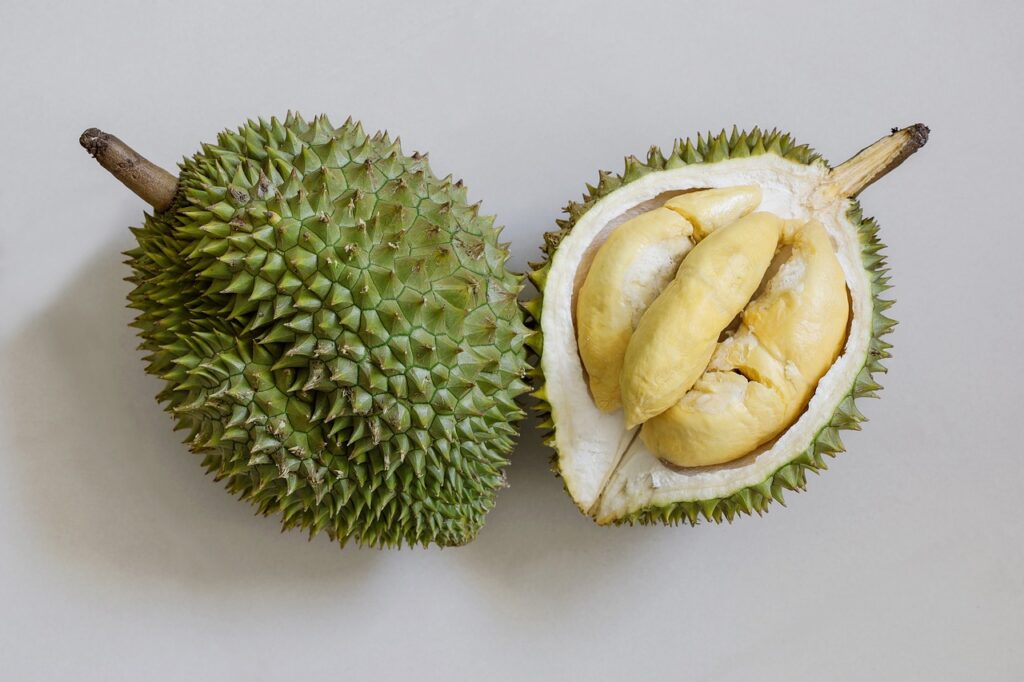
Conclusion
Most fruits are lower in protein compared to animal foods and vegetables, but some fruits are considered high in protein. Including a variety of these high-protein fruits in your diet can help ensure you’re getting all the essential amino acids your body needs for good health.
Incorporating protein-rich foods into your diet is important for overall health and well-being. Whether you eat a plant-based or animal-based diet, there are many high-protein foods to choose from.
The highest-protein animal foods include chicken, fish, eggs, and dairy, while the highest-protein plant foods include legumes, tofu, quinoa, and hemp seeds.
Several fruits and vegetables are considered high in protein, such as guava, jackfruit, avocado, durian, and starfruit.
By including a variety of these protein-rich foods in your diet, you can ensure you’re getting all the essential amino acids your body needs to function properly.
So start incorporating these protein-rich foods into your diet today and enjoy all the benefits they have to offer!

Get Free Notion Templates, Recipies, and Ebook! If you love what we do, fuel our work with a coffee!
Note: This article includes affiliate links. Your support is valued and comes at no additional expense to you.
Crypto Donation – 94TQXX1ENtkXgVmNwQNPzW2HKXXPYhHdzPRPkvtkMVgf
